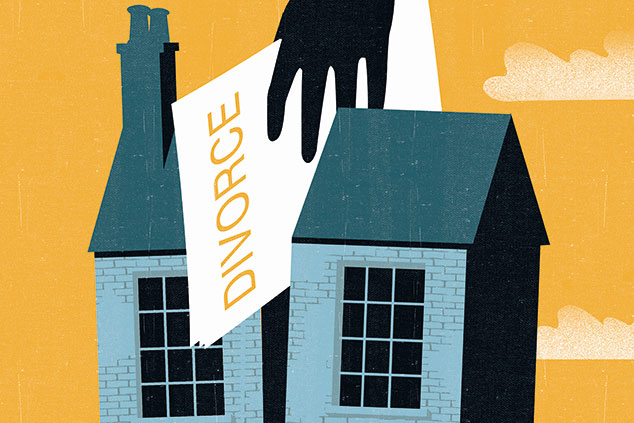
The devil was in the detail of last week’s Budget. Several changes that could make a big difference to your wallet were glossed over in the chancellor’s speech. Here’s what you may have missed.
One of the headline announcements was that the income-tax personal allowance will go up to £12,500 in April 2019, with the higher-rate threshold rising to £50,000. Yet some of the giveaway to the higher paid will be cancelled out by rises in national insurance, “the income tax that dare not speak its name”, says Anne Ashworth in The Times.
The small print of the Budget reveals that the threshold at which national insurance payments fall from 12% to 2% will rise in line with income tax to £50,000. This means that while higher earners will be able to save up to £860 per year in income tax, the additional national insurance they will have to pay will cut the money saved to £495.
The changes to the income-tax thresholds also create problems for people earning over £100,000 a year. Once you earn more than that, the £12,500 personal allowance is withdrawn by £1 for every £2 of income. This creates a marginal tax rate of 60% on earnings between £100,000 and £125,000. Although this quirk existed before the Budget, it will now affect a larger portion of income.
Also hidden in the depths of the Budget paperwork was a change to when capital-gains tax (CGT) is levied on properties being sold after the owner has moved out. At present, you don’t have to pay CGT for the years in which you live in your home (private-residence relief), and you also get an exemption for the final 18 months you own it, even if you have moved out before the sale occurs (final-period relief). But from April 2020, this period will be cut to nine months. This change could cause particular problems for divorcing couples. One partner – and owner of the property – may have moved out at the beginning of the divorce process, which can take a lot longer than nine months. Having to pay CGT on any time beyond this would therefore generate another expense for someone going through a divorce.
A faff for freelancers
Finally, a change to freelancer tax rules could be the biggest revenue raiser from the Budget. As it stands, self-employed workers pay lower rates of income tax and national insurance than those who are on a company payroll. Companies who employ them also benefit, as they don’t have to pay sick pay, pension contributions or national insurance contributions (NICs).
The chancellor now plans to extend IR35 rules (introduced for the public sector in 2017), which are designed to crack down on self-employed people who hire themselves out via personal-service companies and get the associated tax benefits, but who for all intents and purposes are employed. (Go to Gov.uk’s “check employment status for tax” page for detail on how this is judged.)
From April 2020, it will be down to the employer to declare the tax status of the worker. If they cannot prove the worker is self-employed, they will have to pay employer NICs and also deduct higher taxes from the worker’s pay. Freelancers therefore stand to see their take-home pay reduced significantly, and are also concerned companies may simply decide not to hire them, so as to avoid this burden. Note, however, that small companies will not have to comply with the new rules.